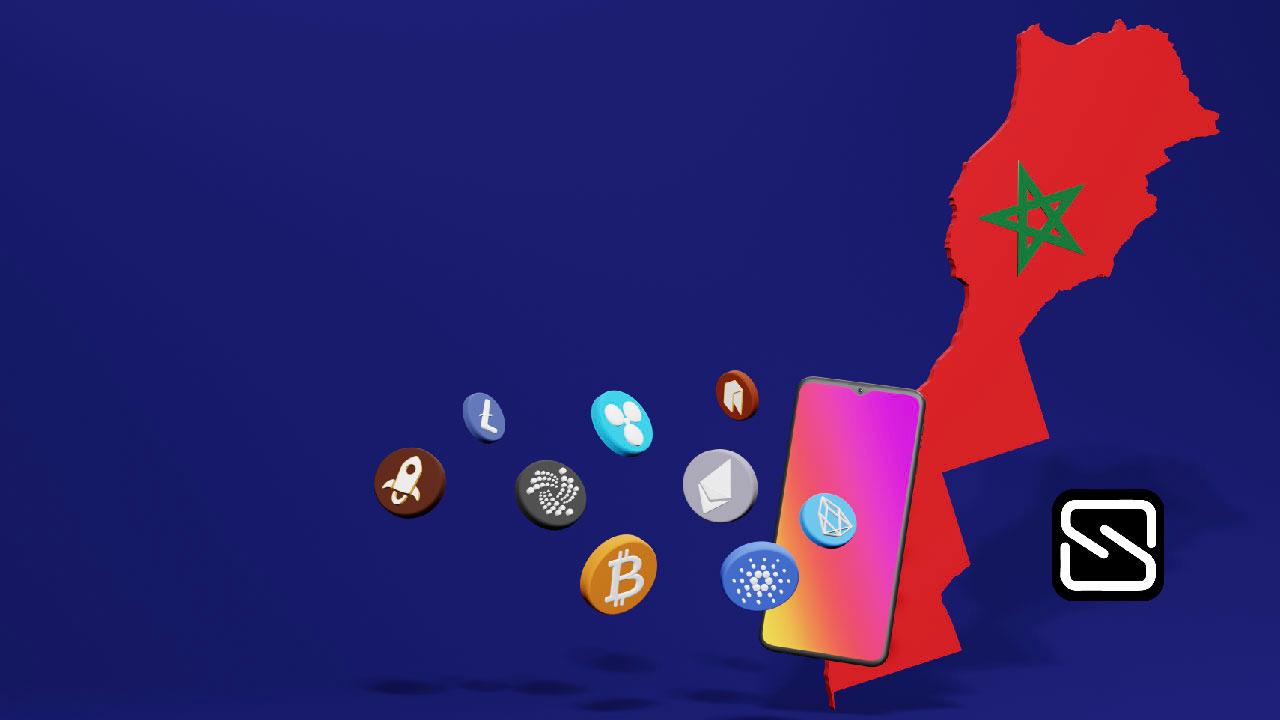Morocco Consults The IMF And World Bank On Regulating Crypto
Morocco is building out a regulatory framework for crypto with the help of the IMF and World Bank.
By Staff
Recently, the Moroccan Central Bank revealed that it has started having talks with the World Bank and the International Monetary Fund (IMF) about specific benchmarks for its new legislation.
It appears that innovation and consumer protection will be given top priority when the new legislation is first drafted. The prevention of money laundering and the financing of terrorists will also be taken into consideration.
This comes after Morocco’s Central Bank Governor, Abdul Latif Al Jawhari, stated two months ago that the country could not adopt crypto because of the lack of a clear legal framework for cryptocurrencies and that a council that will oversee the required regulations for both cryptocurrencies and CBDCs had been created.
Despite a lack of regulations, Morocco continues to have one of the highest rates of crypto use in North Africa, with 2.5% of the population engaging in cryptocurrency activities. After Nigeria, South Africa, and Kenya, the amount of cryptocurrency traded in the country in 2021 was $6 million, making it the fourth-largest market. Trading is mostly motivated by curiosity and Fear Of Missing Out (FOMO), according to experts.
Notably, the IMF has been central in calling on countries to regulate the crypto sector while issuing warnings on the dangers of legalizing assets like Bitcoin. For instance, the institution has urged El Salvador to drop Bitcoin as legal tender stating that the move threatens the country’s economy.
Additionally, earlier this year, the IMF also warned that cryptocurrencies are not a silver bullet to address Africa’s economic challenges. This criticism came hot on the heels of the Central African Republic, one of the planet’s poorest nations, adopting bitcoin as legal tender.
In a recent press release, The country’s central bank, Bank Al-Maghrib (BAM) acknowledged that the country’s cryptocurrency sector is increasingly popular. However, the bank has maintained that users must be cautious of the risks associated with the sector.
It is also important to note that the country banned Bitcoin trading in 2017, however, the asset’s popularity has grown with the general increase in value in recent years.
Additionally, Morocco has not given any indication that it is looking to make bitcoin legal tender since its sovereign currency, the dirham, has experienced comparatively low inflation of 5.9%
